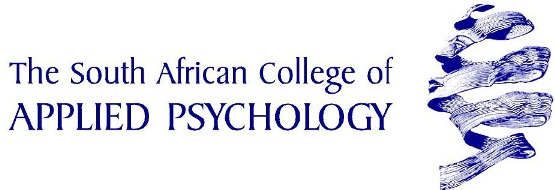This module follows on from Facilitation Skills I in which the participants learnt about the psychology of individuals and groups in facilitated sessions, how to manage themselves as facilitators, and the essential roles and tasks of facilitation when dealing with on the surface processes. This module teaches the skills of working with both “on the surface processes” and “beneath the surface processes” in groups. The skills of bringing underlying issues to the surface and to assist the group to resolve these issues.
The student will have developed a solid theoretical foundation in Facilitation Skills 1 from which to begin work as a facilitator. This module further equips students with advanced skills to successfully facilitate group intervention programmes.
Outcomes
By the end of this course, you should be able to:
- Understand the idea of the group “psyche”, or the group-as-a-whole.
- Understand the nature of group processes, and the relationship between on the surface and under the surface processes.
- Help groups to explore under-the-surface processes in a constructive way.
- Help groups to identify, interpret and draw meaning from the group dynamics and associated processes.
- Understand power dynamics in groups and how to facilitate in the face of power differences.
- Identify and work with group roles and archetypes during group processes.
- Understand how to identify and work with a variety of signals in a group.
- Work with group leaders and the role of leadership in groups.
- Understand the scapegoating process in groups and have the skills to assist groups to avoid scapegoating.
- Understand the impact of diversity issues in groups and use appropriate facilitation skills.
- Understand the nature of conflict processes in groups and have the skills to assist groups to resolve conflict.
- The nature of the group psyche.
- Identifying and prioritising issues to be discussed.
- Reading group “below- the- surface” information.
- Working with different pathways of information.
- Managing anxiety in groups.
- Moving into below-the-surface processes.
- Working with group archetypes.
- Meaning-making in groups.
- Conflict resolution in groups.
- Working with scapegoating processes.
- Working with power and other differences in groups.
- Working with leadership as a facilitator.


No comments:
Post a Comment
Note: Only a member of this blog may post a comment.